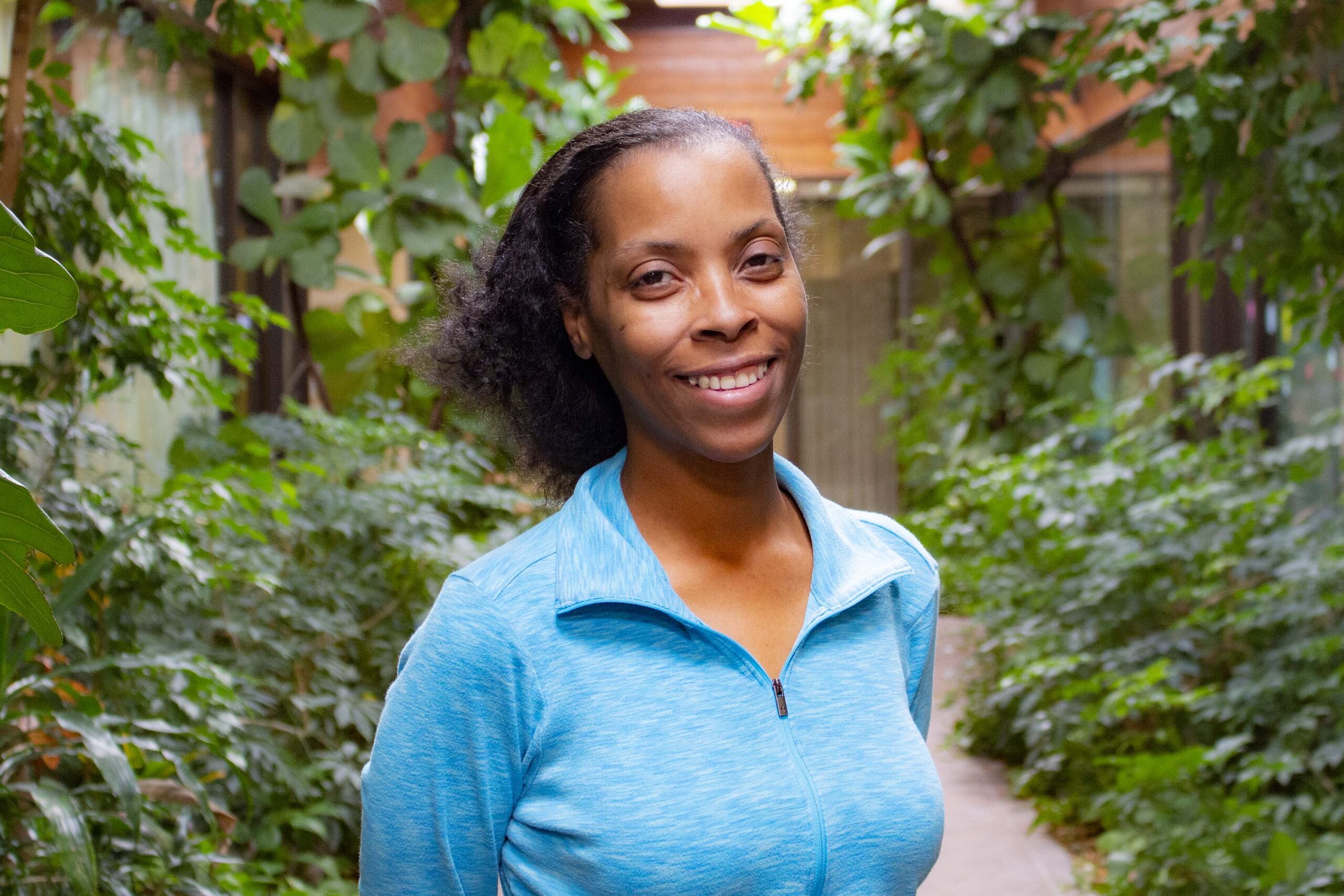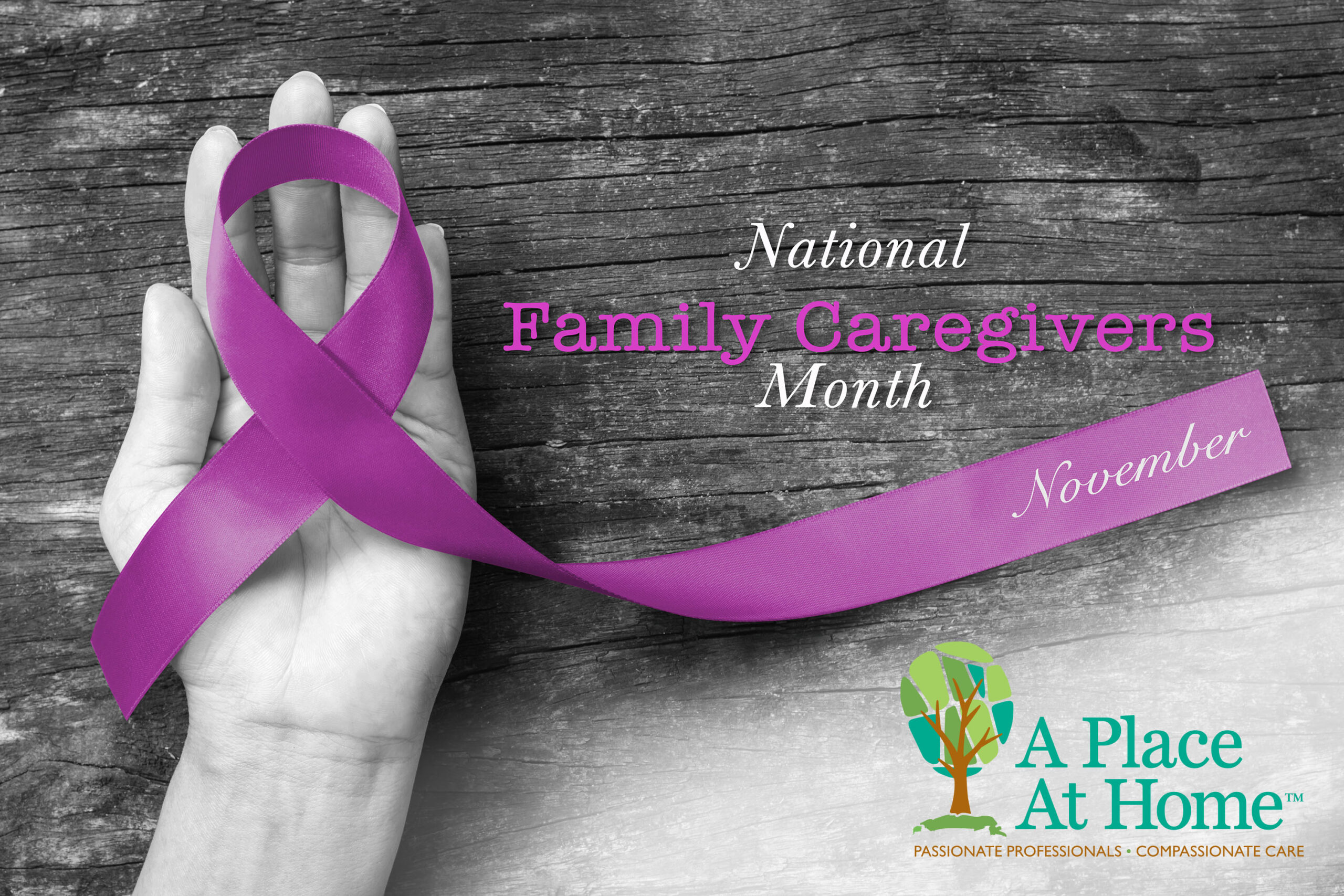As we age, our nutritional needs change, and it becomes increasingly important to pay attention to what we eat. Good nutrition is essential for seniors to maintain their health, energy, and overall well-being. In this blog, we’ll discuss the importance of nutrition in seniors and provide some tips on how to maintain a healthy diet.
Why is Nutrition Important for Seniors?
Good nutrition is essential for seniors for several reasons:
- Healthy Aging: A well-balanced diet can help seniors maintain good health and reduce the risk of chronic diseases such as heart disease, diabetes, and osteoporosis.
- Energy and Vitality: Seniors who eat a healthy diet are more likely to have the energy and vitality they need to enjoy life and engage in physical activities.
- Maintaining a Healthy Weight: As we age, our metabolism slows down, and it becomes easier to gain weight. A healthy diet can help seniors maintain a healthy weight, which is essential for preventing chronic diseases.
- Improved Mental Health: Good nutrition can also improve mental health and cognitive function, reducing the risk of depression and dementia.
Nutritional Needs of Seniors
Seniors have unique nutritional needs that differ from younger adults. As we age, our bodies require fewer calories, but our need for certain nutrients, such as protein, calcium, vitamin D, and vitamin B12, increases.
- Protein: Seniors need more protein to maintain muscle mass and strength. Good sources of protein include lean meats, fish, poultry, beans, and nuts.
- Calcium and Vitamin D: Older adults need more calcium and vitamin D to maintain bone health and prevent osteoporosis. Good sources of calcium include dairy products, leafy greens, and fortified foods such as cereals and juices. Vitamin D can be obtained through sunlight exposure, but it can also be found in fatty fish and fortified foods.
- Vitamin B12: As we age, our bodies become less efficient at absorbing vitamin B12, which is essential for healthy brain function and the production of red blood cells. Seniors may need to take a supplement or eat fortified foods such as cereals or soy milk to ensure they are getting enough B12.
Tips for Maintaining a Healthy Diet
- Choose nutrient-dense foods: Seniors should focus on foods that are high in nutrients and low in calories, such as fruits, vegetables, whole grains, lean protein, and low-fat dairy products.
- Stay hydrated: Seniors may have a reduced sense of thirst, so it’s essential to drink plenty of fluids throughout the day, such as water, tea, and low-sugar fruit juice.
- Limit sodium: Seniors should aim to consume no more than 1,500 milligrams of sodium per day to reduce the risk of high blood pressure and other health problems. They can do this by choosing low-sodium options and avoiding processed and packaged foods.
- Eat smaller, more frequent meals: Seniors may find it more comfortable to eat smaller, more frequent meals throughout the day rather than three large meals.
- Make mealtime social: Eating with others can be enjoyable and can provide social interaction, which is important for mental health and well-being.
Good nutrition is essential for seniors to maintain their health and well-being. By choosing nutrient-dense foods, staying hydrated, limiting sodium, and eating smaller, more frequent meals, seniors can maintain a healthy diet that supports healthy aging and a high quality of life.
Related Articles:
Dehydration in Seniors: What to Look For and How to Help
Reducing the Risk of Stroke
Diabetes Awareness Month: Helping Seniors Manage Diabetes
Healthy Aging Month










